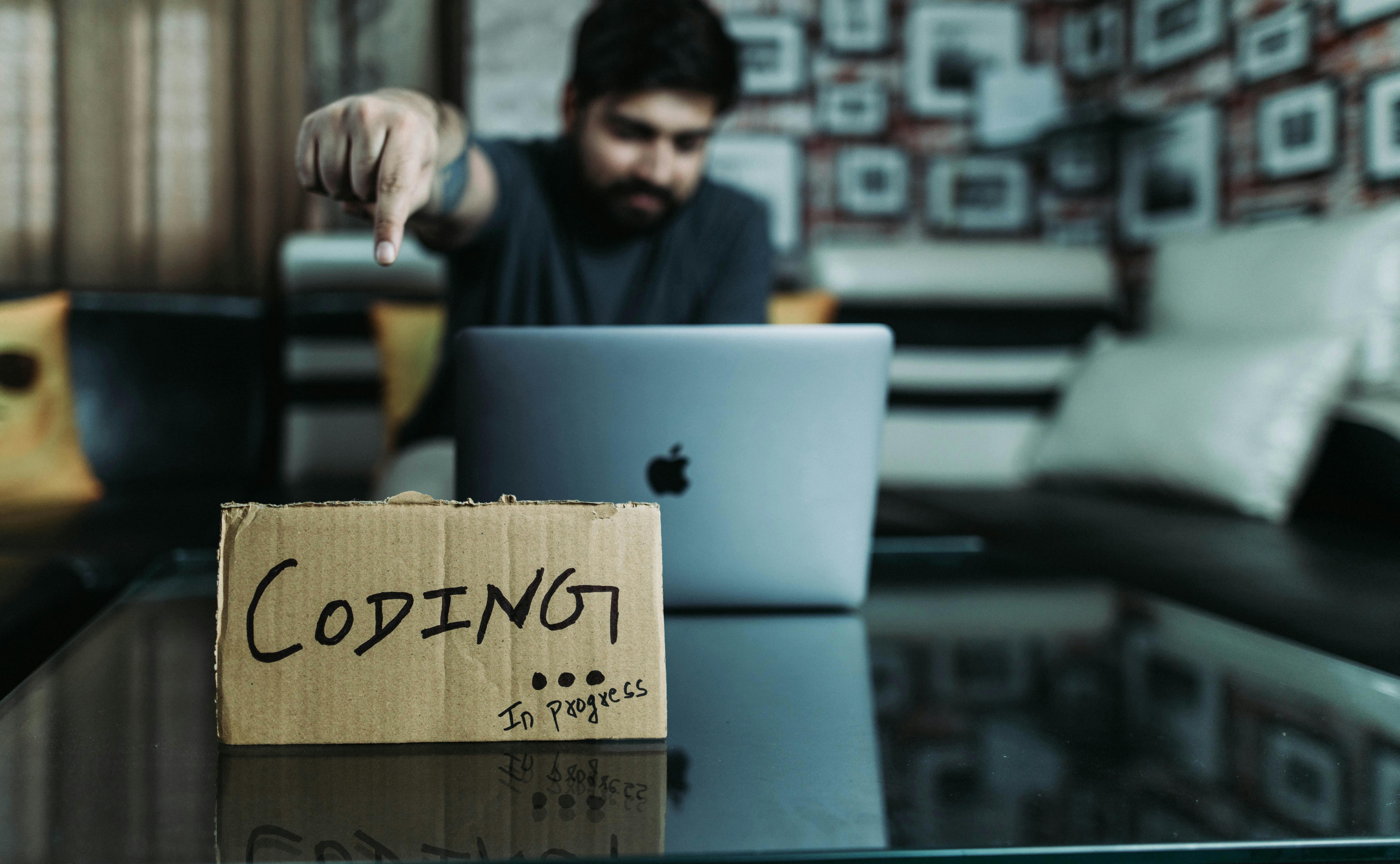
Blockchain in Smart Contract Dispute Resolution: Transforming Legal Frameworks in DeFi
Blockchain in Smart Contract Dispute Resolution
The Evolution of Dispute Resolution in Decentralized Finance
The emergence of blockchain technology has fundamentally transformed traditional dispute resolution mechanisms, introducing unprecedented levels of transparency, efficiency, and security in legal processes. Smart contracts, self-executing agreements with coded terms, have revolutionized how contractual disputes are managed across global financial ecosystems. By leveraging distributed ledger technology, these sophisticated digital contracts create immutable records that provide robust evidence and automated enforcement capabilities.
Key Technological Frameworks for Smart Contract Dispute Management
Modern blockchain dispute resolution integrates multiple sophisticated technological frameworks that address complex legal challenges. Jurisdictions like Switzerland and Liechtenstein have been at the forefront of developing comprehensive regulatory environments that support advanced blockchain dispute resolution mechanisms. These frameworks typically incorporate multi-signature verification, algorithmic arbitration protocols, and cryptographically secured evidence preservation systems.
International Jurisdictional Approaches
| Jurisdiction | Blockchain Legal Framework | Dispute Resolution Mechanism |
|---|---|---|
| Switzerland | Advanced Crypto Valley Regulations | Cryptographic Evidence Validation |
| Cayman Islands | Digital Asset Regulatory Sandbox | Automated Smart Contract Arbitration |
| United States | Emerging Federal Blockchain Guidelines | Hybrid Mediation Platforms |
| British Virgin Islands | Comprehensive Crypto Legislation | Decentralized Arbitration Protocols |
Top Protocols in Smart Contract Dispute Resolution
-
Kleros: A decentralized arbitration platform utilizing game-theoretical mechanisms to resolve conflicts through crowdsourced juror networks.
-
Aragon Court: An innovative blockchain-native judicial system that provides transparent and efficient conflict resolution for decentralized organizations.
-
Judicium: An advanced protocol integrating machine learning algorithms with blockchain verification for complex dispute assessments.
Market Analysis and Future Implications
According to recent market research from Gartner and Deloitte, the global blockchain dispute resolution market is projected to reach $3.5 billion by 2027, with a compound annual growth rate of 42.8%. The increasing complexity of digital transactions and the need for secure, transparent resolution mechanisms drive this exponential growth.
Technological Challenges and Innovations
blockchain-based dispute resolution confronts significant challenges, including jurisdictional limitations, algorithmic bias, and the need for sophisticated cryptographic verification techniques. Advanced machine learning models and zero-knowledge proof technologies are emerging as critical solutions to these complex technological barriers.
RWA.codes: Advancing Blockchain Dispute Resolution
At RWA.codes, we specialize in developing cutting-edge platforms that integrate advanced blockchain dispute resolution technologies. Our comprehensive solutions provide seamless tokenization, legal framework development, and sophisticated smart contract architecture tailored to meet the evolving needs of decentralized financial ecosystems.
Technical Expertise
- Advanced smart contract development
- Cross-jurisdictional legal framework design
- Cryptographic verification systems
- Decentralized arbitration platform integration